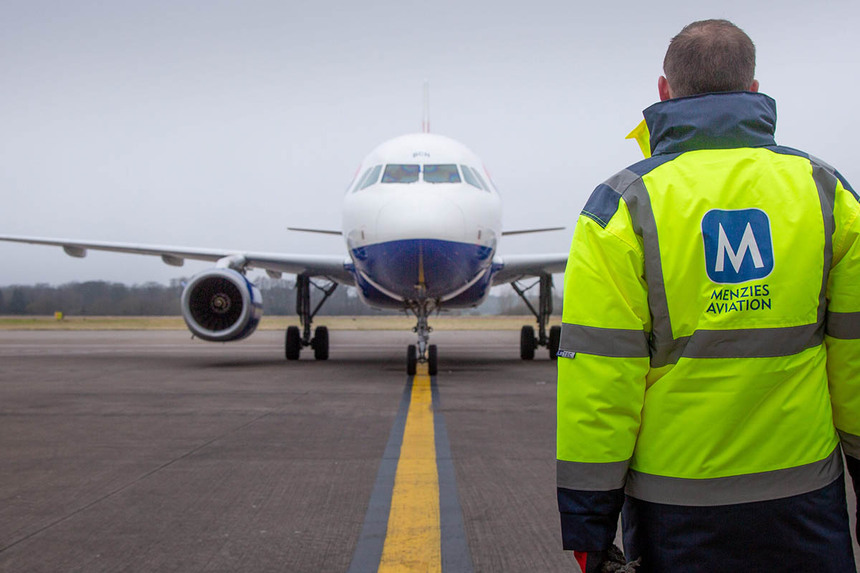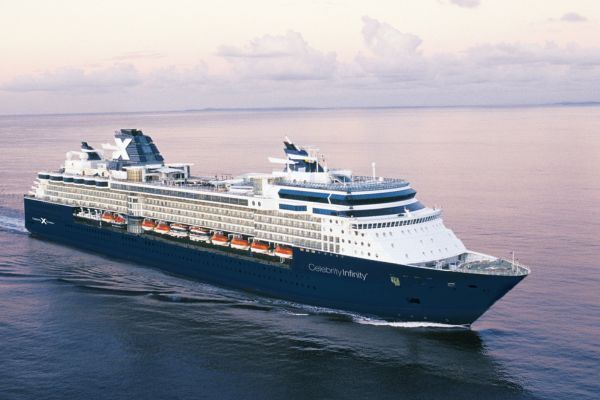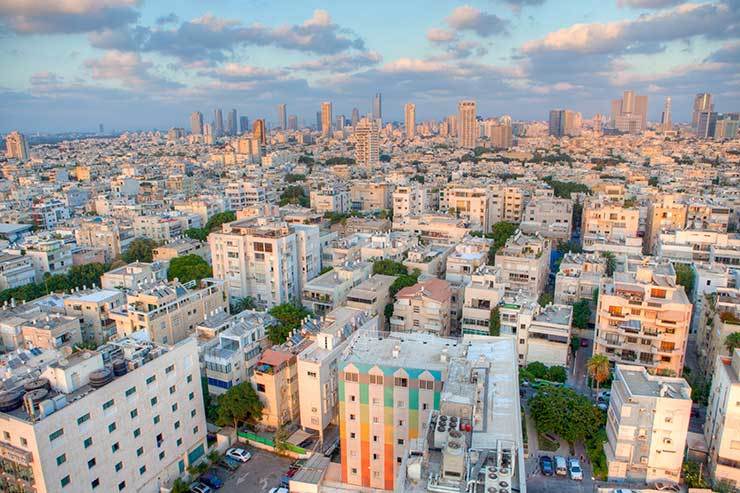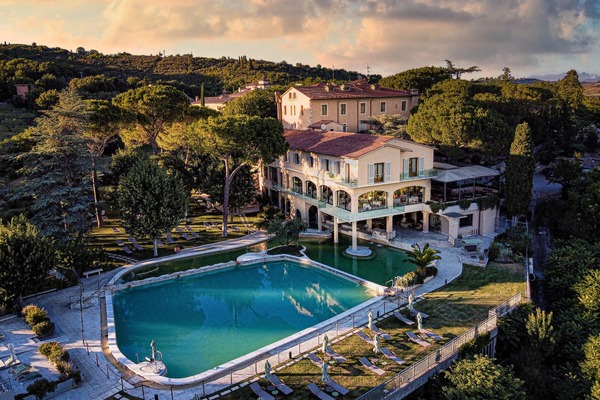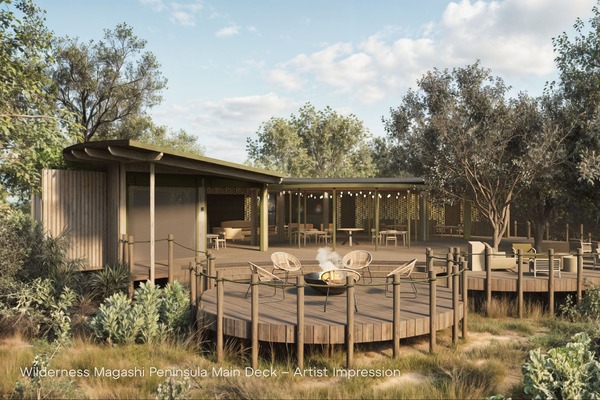Govt urged to put more funding into sustainable fuel development
 Gary Noakes
Gary NoakesSustainable fuel production will need some form of subsidy to encourage investment, the chief executive of the government’s Jet Zero Council has said.
Emma Gilthrope said the industry needed “some form of price bridge to get investment moving and scale up” and must also develop zero emission flights using things like hydrogen and carbon capture.
“If there are significant hurdles to these things rolling out then we have a problem,” she told the Airlines 2022 conference. “We need to know the technical investment pathway is well understood.”
Jet Zero was set up in 2021 by the government and aviation industry to promote sustainable aviation.
“We are bringing government, industry and academia together to solve how we get to net zero by 2050. The route is both SAF and zero emissions technology,” added Gilthorpe.
UK aviation has been mandated to use 10% SAF by 2030. British Airways sustainability director Carrie Harris said: “We committed to 10% SAF by 2030 - we are 25% there to securing enough fuel supply to meet that and we have interests in five plants.”
However, she added: “Faster progress could be made if we had the right government incentives.”
She predicted that by 2050, 50% of fuel would be derived from waste SAF and 50% by direct air capture, which extracts CO2 from the atmosphere to produce fuel.
Harris added: “This year we took the first-ever commercial scale supply of UK SAF. Every BA flight has a tiny amount. Now we are scaling up.”
However, she said contrail emissions, which contained other noxious gases, were another issue and “could have the same impact as CO2”.
Looking further ahead, she said SAF could deliver 50% of fuel requirements by 2050, with the other sustainable option coming from low carbon aircraft.
The Jet Zero Council is due to meet again before the end of the year, the conference was told.
Sign up for weekday travel news and analysis straight to your inbox

Gary Noakes
Supplier Directory
Find contacts for 260+ travel suppliers. Type name, company or destination.
